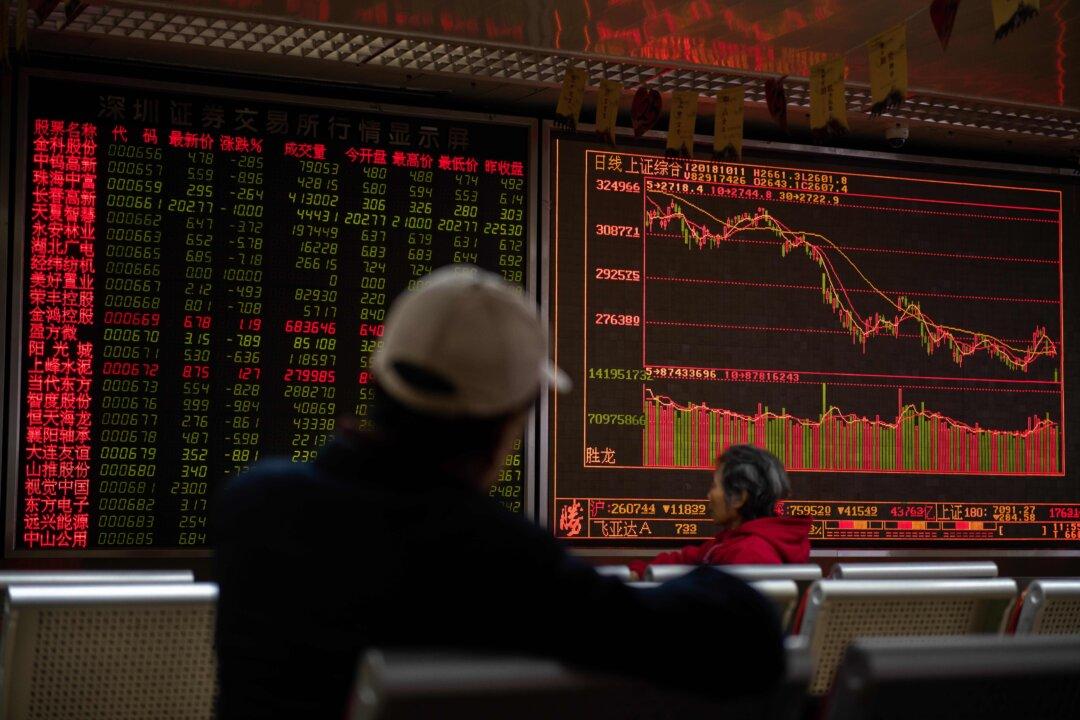News Analysis
China will close dozens of financial asset exchanges across the nation in an effort to combat financial risks and illegal fundraising activities imposed by the “pseudo-financial exchanges,” reported Chinese Communist Party (CCP) mouthpiece CCTV. Experts say the real reason for the shutdown is due to insolvency after years of bad practices.




